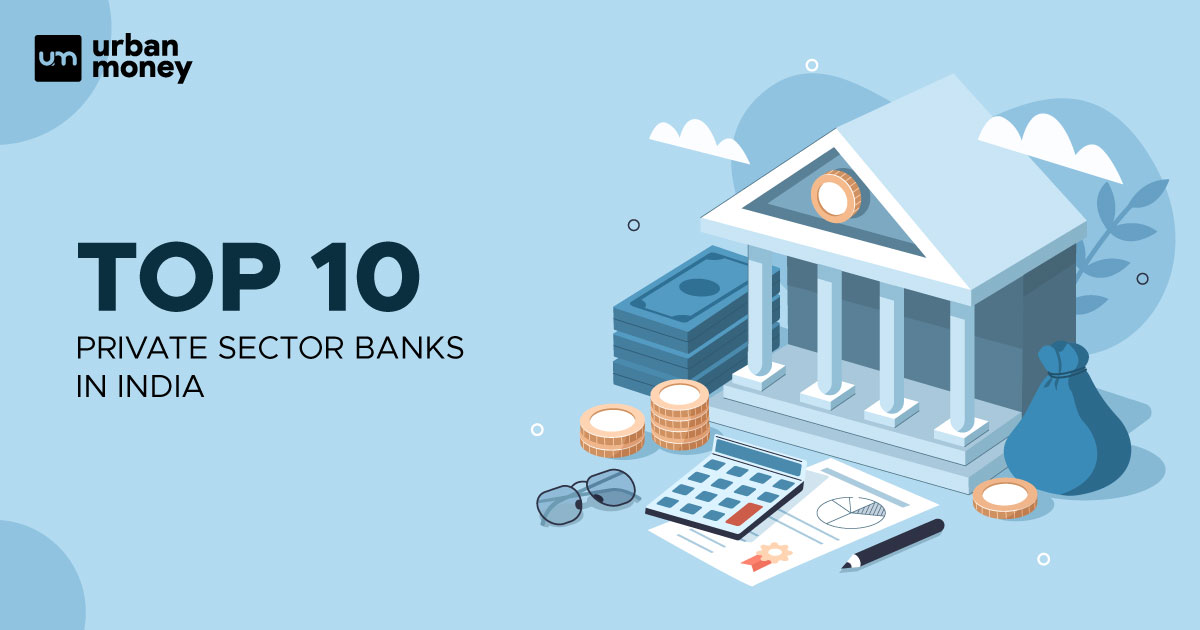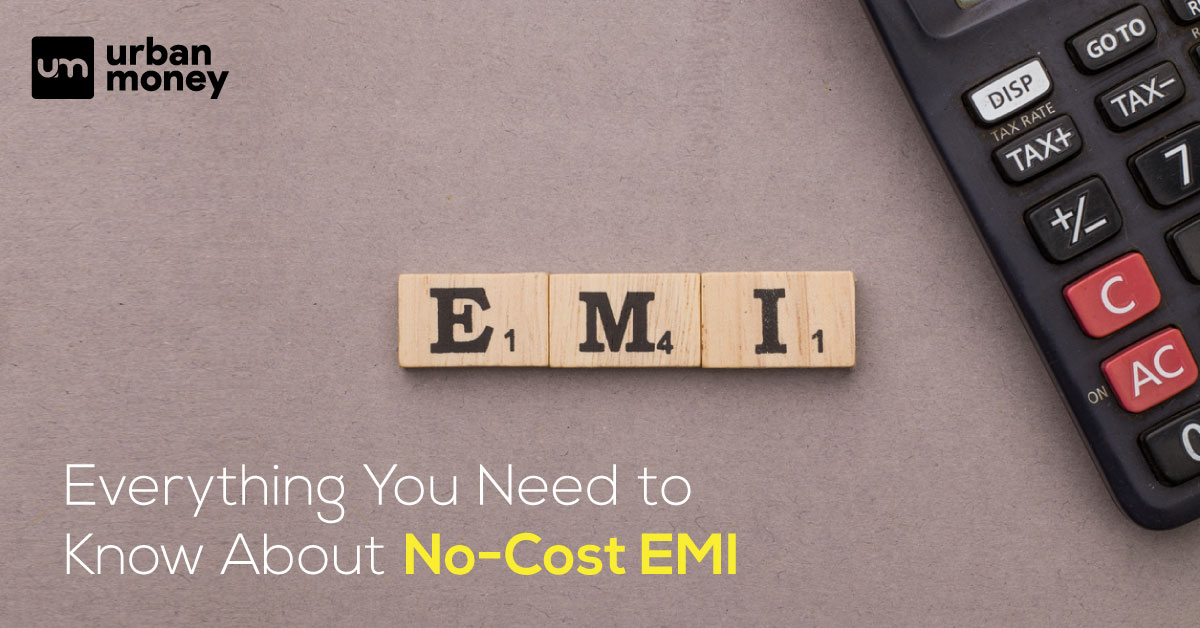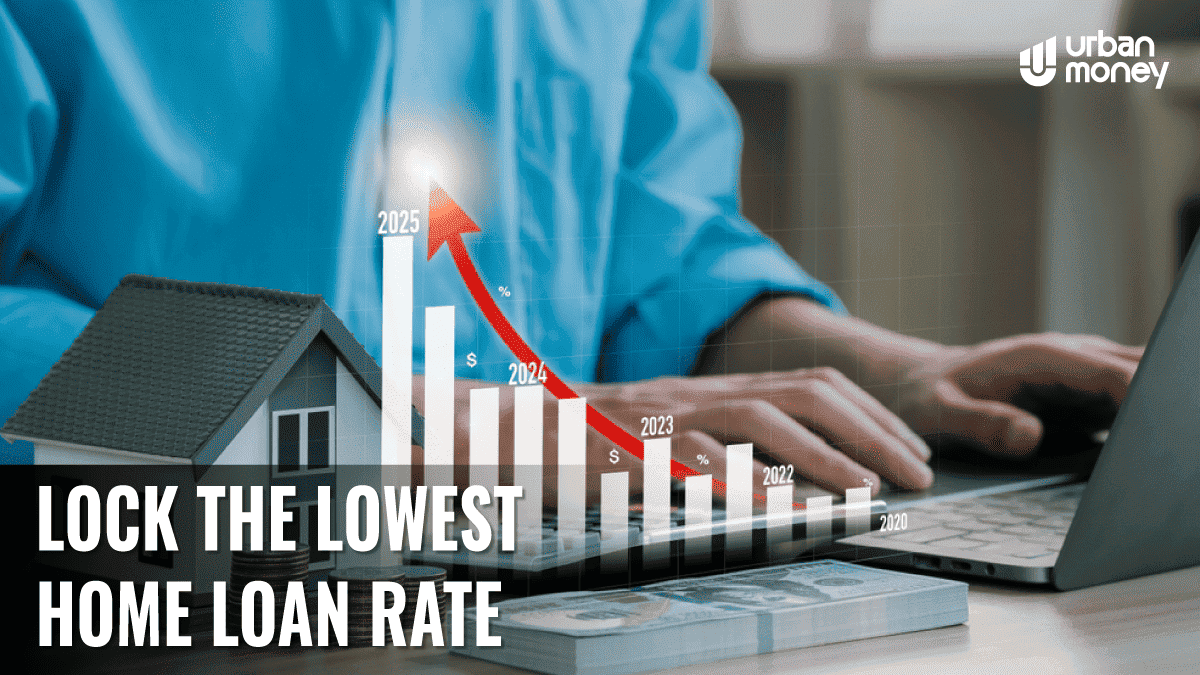When money is tight, personal loans are the go-to solution. But they’re not the only option. Many personal loan alternatives might better suit your needs. These alternatives to personal loans can help you manage unexpected expenses, make a big purchase, or deal with financial emergencies. This blog explores the 15 best alternat options to personal loans, offering a range of options you might not have considered. If you’re searching for a personal loan substitute or exploring other options instead of personal loans, you’ll find plenty of choices available. There are many ways to fund your needs without relying on traditional bank personal loans.
Credit Cards as an Alternative
Credit is a popular alternative to personal loans. Credit cards allow you to borrow up to a certain limit to pay for goods and services. You can repay the borrowed amount in full or through minimum payments with interest on the outstanding balance.
Pros:
- Convenience: Easy access to funds for everyday purchases.
- Rewards: Many credit cards offer rewards, cashback, or travel points.
- Flexibility: Allows for partial payments if needed.
Cons:
- High-Interest Rates: These can be significantly higher than personal loans, especially if payments are not made in full.
- Debt Accumulation: It is easy to accumulate debt if not managed responsibly.
- Potential Fees: Late payment, annual, and foreign transaction fees can add up.
Home Equity Loan Options
Among other options for personal loans a home equity loan is a popular one. A home equity loan allows homeowners to borrow money against the equity they have built up in their property. The loan amount is typically determined by the home’s current market value minus any outstanding mortgage balances.
Pros:
- Lower Interest Rates: Home equity loans usually offer lower interest rates than unsecured loans, as the property secures them.
- Large Loan Amounts: Potentially allows access to a significant amount of money, depending on the equity available.
- Fixed Payments: Often comes with a fixed interest rate, resulting in predictable monthly payments.
Cons:
- Risk of Foreclosure: Since your home secures the loan, failure to repay can lead to foreclosure.
- Longer Approval Process: The application process can be longer and more involved compared to other types of loans.
- Closing Costs and Fees: This may include closing costs and other fees similar to those of a mortgage.
Home Equity Line of Credit (HELOC)
Similar to a credit card, a Home Equity Line of Credit (HELOC) is another personal loan substitute for a revolving credit line. It enables homeowners to borrow money against the equity in their house. Your home’s equity determines the maximum amount you can borrow, and you can take out as much as you like within the designated “draw period.”
Pros:
- Flexibility: You can borrow and repay funds as needed, only paying interest on the amount you use.
- Lower Interest Rates: Typically offers lower interest rates than unsecured loans, as the property secures it.
- Interest-Only Payments: During the draw period, payments may be interest-only, reducing the initial monthly cost.
Cons:
- Variable Interest Rates: Many HELOCs have variable interest rates, which can increase over time, leading to higher payments.
- Risk of Foreclosure: The home is collateral, so failure to repay can result in foreclosure.
- Fluctuating Payments: The payments may vary if interest rates rise, making budgeting more challenging.
Understanding Cash-Out Refinance
Cash-out refinancing involves replacing your existing mortgage with a new one with a higher balance than what you currently owe. The difference between the old mortgage balance and the new one is taken out in cash, which can be used for various purposes, such as home improvements, paying off debt, or other financial needs.
Pros:
- Lower Interest Rates: Cash-out refinances, as your home secures them, may offer lower interest rates than other types of loans.
- Access to Significant Funds: Depending on the equity you have built up in your home, you can access a large amount of cash.
- Potential Tax Benefits: Interest paid on the mortgage may be tax-deductible if the funds are used for home improvements (consult a tax advisor for details).
Cons:
- Risk of Foreclosure: As with other home equity products, the home is collateral, so failure to repay can result in foreclosure.
- Closing Costs: You may incur closing costs and fees similar to those associated with taking out a new mortgage.
- Longer Loan Term: Extending the term of your mortgage can mean paying more interest over the life of the loan, even if the rate is lower.
Peer-to-Peer (P2P) Lending
Peer-to-peer (P2P) lending is a method of borrowing money that connects borrowers directly with individual investors through online platforms. These platforms facilitate the loan process, matching borrowers with investors willing to fund their loans. The loan terms and interest rates are typically determined based on the borrower’s creditworthiness.
Pros:
- Potential for Lower Rates: P2P loans offer competitive interest rates, especially for borrowers with good credit.
- Quick Access to Funds: The application process is often streamlined, allowing faster access to funds than traditional bank loans.
- Flexible Loan Amounts: P2P platforms often provide various loan amounts, catering to various needs.
Cons:
- Variable Interest Rates: Interest rates can vary significantly based on the borrower’s credit profile, sometimes resulting in higher rates for those with lower credit scores.
- Less Regulation: P2P lending platforms may not be as heavily regulated as traditional financial institutions, potentially posing higher risks.
- Potential for Limited Funding: Not all loans may be fully funded, depending on investor interest and the borrower’s profile.
Loan Against Provident Fund (PF)
A loan against a Provident Fund (PF) is another option instead of personal loans. It allows employees to borrow money from their accumulated PF balance for specific purposes such as medical emergencies, education, home construction, or other defined needs. The loan amount is subject to certain conditions and limitations set by the Employees’ Provident Fund Organisation (EPFO).
Pros:
- No Interest Charges: Unlike other loans, a loan against PF generally does not incur interest, as you essentially borrow from your savings.
- No Credit Check Required: The process does not require a credit check, making it accessible to all PF account holders.
- Quick Processing: The disbursement of funds is typically fast, especially in cases of emergency.
Cons:
- Limited Amount: The loan amount is restricted to a certain percentage of the PF balance, which may not be sufficient for large expenses.
- Withdrawal Conditions: The loan can only be taken for specific purposes defined by the EPFO. The number of withdrawals and the period of service required are also conditions.
- Impact on Retirement Savings: Borrowing from the PF can reduce the savings available for retirement, potentially affecting financial security in later years.
Personal Line of Credit Considerations
A personal line of credit is a flexible borrowing option that provides access to a predetermined credit limit. Similar to a credit card, you can draw funds as needed and pay interest only on the amount borrowed. Once repaid, the credit becomes available for future use, making it a revolving form of credit.
Pros:
- Flexibility: Allows you to borrow only what you need and repay it over time, with the option to re-borrow up to the credit limit.
- Interest on Used Amount: Interest is charged only on the borrowed amount, not on the entire credit limit.
- No Collateral Required: Personal lines of credit are typically unsecured, meaning they do not require collateral.
Cons:
- Variable Interest Rates: The interest rate can fluctuate, potentially increasing your repayment costs.
- Credit Score Impact: Accessing a personal line of credit may impact your credit score, especially if the limit is fully utilised.
- Fees and Charges: Depending on the lender’s terms, there may be associated fees, such as annual maintenance fees or withdrawal fees.
Borrowing from Friends and Family
Asking close friends and family for financial support generally involves no formal agreements or interest rates. This approach can be opted out in cases of crises or minor cash requirements.
Pros:
- Flexible Terms: Friends and family may offer more lenient repayment terms and conditions, often without interest.
- No Credit Check: This option doesn’t require a credit check, making it accessible regardless of your credit score.
- Quick Access: Funds can be available quickly, depending on the willingness and capability of the lender.
Cons:
- Relationship Strain: Borrowing from friends or family can potentially strain relationships if repayment is delayed or expectations are unclear.
- Lack of Formality: The absence of formal agreements can lead to misunderstandings or disputes about repayment terms.
- Limited Amount: The amount available may be limited based on the financial capacity of the friend or family member.
Payday Loans: Quick but Costly
Payday loans are high-interest, short-term loans used to pay unexpected bills until the borrower’s next payday. These loans are usually minor in size and are paid back in full on the borrower’s subsequent payday.
Pros:
- Quick Access: Funds are usually available quickly, often within the same day, making them useful for emergencies.
- No Credit Check: Lenders typically do not require a credit check, making these loans accessible to borrowers with poor credit.
- Simple Application Process: The application process is straightforward and can often be completed online.
Cons:
- High Interest Rates: Payday loans have extremely high interest rates and fees, making them one of the most expensive borrowing options.
- Short Repayment Period: The repayment period is typically very short, requiring full repayment by the next payday.
- Debt Cycle Risk: Due to high costs and short terms, borrowers may struggle to repay the loan, potentially leading to a cycle of debt.
Credit Union Loans: A Community Option
Credit union loans are offered by credit unions and member-owned financial cooperatives. As not-for-profit institutions focused on serving their members, credit unions often provide more favourable loan terms than traditional banks. These loans can include personal loans, auto loans, mortgages, and more.
Pros:
- Lower Interest Rates: Credit unions often offer lower interest rates compared to traditional banks, as they aim to benefit their members rather than generate profits.
- Personalised Service: Credit unions typically provide more personalised service and may be more willing to work with members with less-than-perfect credit.
- Member Benefits: Credit unions are member-owned institutions that may offer additional benefits, such as dividends or lower fees.
Cons:
- Membership Requirements: To borrow from a credit union, you must become a member, which may involve meeting certain eligibility criteria or paying a membership fee.
- Limited Availability: Credit unions may have fewer branches and ATMs than large banks, potentially limiting convenience.
- Loan Amounts and Services: Some credit unions may offer limited loan offerings or smaller loan amounts than large banks.
Small Business Loan Options
A small business loan is a type of financing provided to entrepreneurs and small businesses to help them start, maintain, or expand their operations. It is another great way to get cash among many personal loan options. These loans can come from various sources, including traditional banks, credit unions, online lenders, and government-backed programs. The terms and conditions of small business loans can vary widely depending on the lender, the amount borrowed, and the purpose of the loan.
Pros:
- Access to Capital: Provides necessary funds for various business needs, such as purchasing inventory, equipment, or expanding operations.
- Diverse Loan Options: Various loan types are available, including term loans, lines of credit, and SBA loans, allowing businesses to choose the best fit for their needs.
- Builds Business Credit: Successfully repaying a small business loan can help build the business’s credit profile, making it easier to obtain future financing.
Cons:
- Eligibility Requirements: Obtaining a small business loan can be challenging, as lenders often require a solid business plan, good credit history, and collateral.
- Debt Obligation: Loans must be repaid with interest, which can be a financial burden if the business does not generate enough revenue.
- Variable Interest Rates: Some loans come with variable interest rates, which can increase over time, raising the cost of borrowing.
You need to Know : How Much Personal Loan Can I Get on My Salary?
Loan Against Life Insurance Policy
A loan against a life insurance policy allows the policyholder to borrow money using the cash value of their policy as collateral. This option is available for policies with a savings component, such as whole life or universal life insurance. The loan amount can be up to a certain percentage of the policy’s cash value, depending on the terms set by the insurance company.
Pros:
- No Credit Check Required: The loan is secured by the policy’s cash value, so lenders typically do not require a credit check.
- Low-Interest Rates: Interest rates are usually lower than unsecured loans, as the policy’s cash value backs the loan.
- Flexible Repayment Terms: The loan has no fixed repayment schedule, allowing for more flexibility. The outstanding amount, including interest, is deducted from the policy’s death benefit if not repaid.
Cons:
- Reduced Death Benefit: If the loan and interest are not repaid, the outstanding balance will be deducted from the policy’s death benefit. It then reduces the amount payable to beneficiaries.
- Potential Policy Lapse: Failure to pay interest or maintain the policy can lead to a lapse, resulting in coverage loss and possibly a tax liability.
- Impact on Cash Value: Borrowing against the policy reduces the cash value available, which may impact the policy’s growth or future borrowing capacity.
Government Assistance Programs
Government assistance programs provide financial aid and other support to needy individuals and businesses. These programs are often designed to help those facing economic hardship, such as unemployment, low income, or emergencies. They can include direct financial assistance, subsidised loans, grants, tax relief, and other benefits.
Pros:
- Financial Support: This program provides essential financial aid to those in need, helping them cover living expenses, healthcare, housing, and more.
- Variety of Programs: Numerous programs are available for different needs, including unemployment benefits, food assistance, housing assistance, and small business support.
- No Repayment Required: Many forms of assistance, such as grants and direct payments, do not require repayment, making them a vital resource for those in financial difficulty.
Cons:
- Eligibility Requirements: Strict eligibility criteria can limit access to some programs, excluding those needing assistance.
- Application Process: The application process can be complex and time-consuming, requiring documentation and verification of eligibility.
- Limited Funding: Some programs may have limited funding, leading to delays in receiving assistance or the need for recipients to find additional support.
Grants and Scholarships for Financial Support
Grants and scholarships are forms of financial aid that need not be repaid. They are often awarded based on various criteria, such as financial need, academic achievement, specific talents, or demographic characteristics. Grants are typically provided by government agencies, educational institutions, or private organisations, while schools, companies, foundations, or community groups often offer scholarships.
Pros:
- No Repayment Required: Unlike loans, grants and scholarships do not need to be repaid, making them an attractive option for funding education or other needs.
- Encourages Education and Development: These funds can significantly reduce the financial burden of education, encouraging more individuals to pursue higher education and personal development.
- Diverse Opportunities: There are numerous grants and scholarships available for different fields of study, talents, and backgrounds, offering a wide range of opportunities.
Cons:
- Competitive: Many grants and scholarships are highly competitive, with few awards available.
- Eligibility Requirements: Applicants must meet specific criteria, which can vary widely depending on the grant or scholarship.
- Application Process: The application process can be time-consuming and may require detailed documentation, essays, or interviews.
Selling Assets for Quick Cash
Selling assets involves liquidating possessions or investments to raise funds. This can include selling physical items like real estate, vehicles, jewellery, electronics, and financial assets such as stocks, bonds, or collectables. People may sell assets to cover unexpected expenses, reduce debt, or invest in other opportunities.
Pros:
- Immediate Cash: Provides quick access to funds, especially useful in emergencies or for specific financial goals.
- No Debt Incurred: Unlike loans, selling assets doesn’t require repayment or incur interest, making it a straightforward way to raise money.
- Reduces Holding Costs: Selling unused or underutilised assets can reduce storage or maintenance costs.
Cons:
- Loss of Future Value: Selling assets, especially investments, can result in losing future appreciation or income potential.
- Emotional Attachment: Parting with certain assets, especially sentimental items, can be emotionally challenging.
- Potential Tax Implications: Selling certain assets, like stocks or real estate, can result in capital gains taxes, which must be considered when calculating the net proceeds.
Final Thoughts
Finding the right way to fund your needs doesn’t always mean taking out a traditional loan. There are many personal loan alternatives that can help you manage your finances without getting into debt. From borrowing against your home’s equity to tapping into credit union loans, there are various paths you can take. Each option has its benefits and drawbacks, so it’s crucial to weigh them carefully. By exploring these choices, you can find a solution that best matches your financial goals and needs.
You need to Know : How To Get a Rs. 50,000 Loan Urgently?
FAQs
Are there any benefits to alternatives to personal loans?
Lower interest rates, flexible repayment schedules, and access to funds without affecting your credit score are some benefits of alternatives to personal loans. Additionally, they offer various choices catering to varied budgetary constraints.
Can a credit card be used as a viable personal loan alternative?
Credit cards can be a viable alternative, offering convenience and rewards. However, they often come with higher interest rates, making them less suitable for large or long-term borrowing.
What is different between peer-to-peer lending platforms differ and traditional personal loans?
Peer-to-peer lending connects borrowers directly with individual investors online, often offering competitive rates. Unlike traditional loans, the approval process is usually faster and more flexible.
What are the benefits and drawbacks of switching from a personal loan to a home equity loan?
The pros include lower interest rates and larger loan amounts due to the property securing the loan. The cons include the risk of foreclosure and potentially long approval processes.
What are the low-interest alternatives to personal loans in case of emergency funding requirements?
Options like credit union loans, loans against life insurance policies, or borrowing from friends and family often provide lower interest rates for emergencies.






























